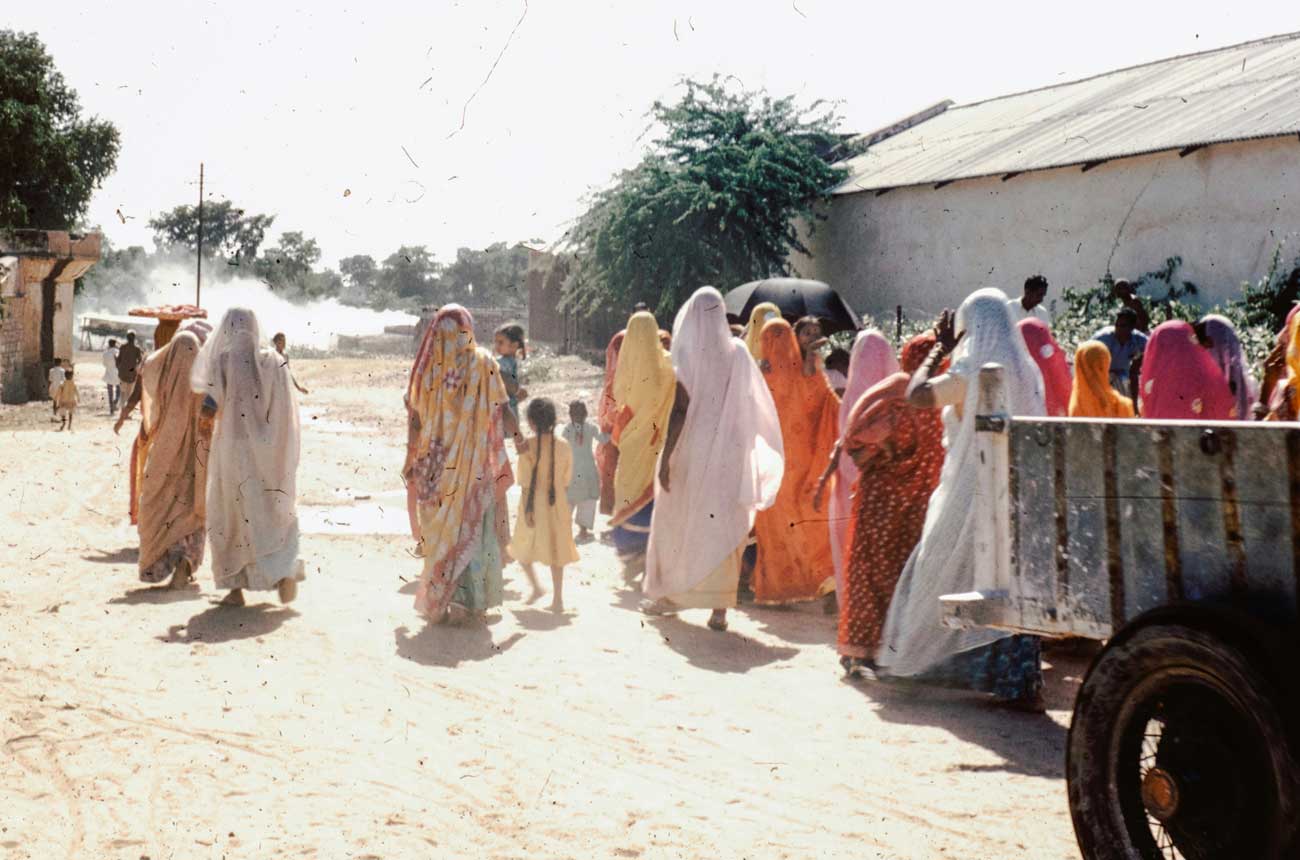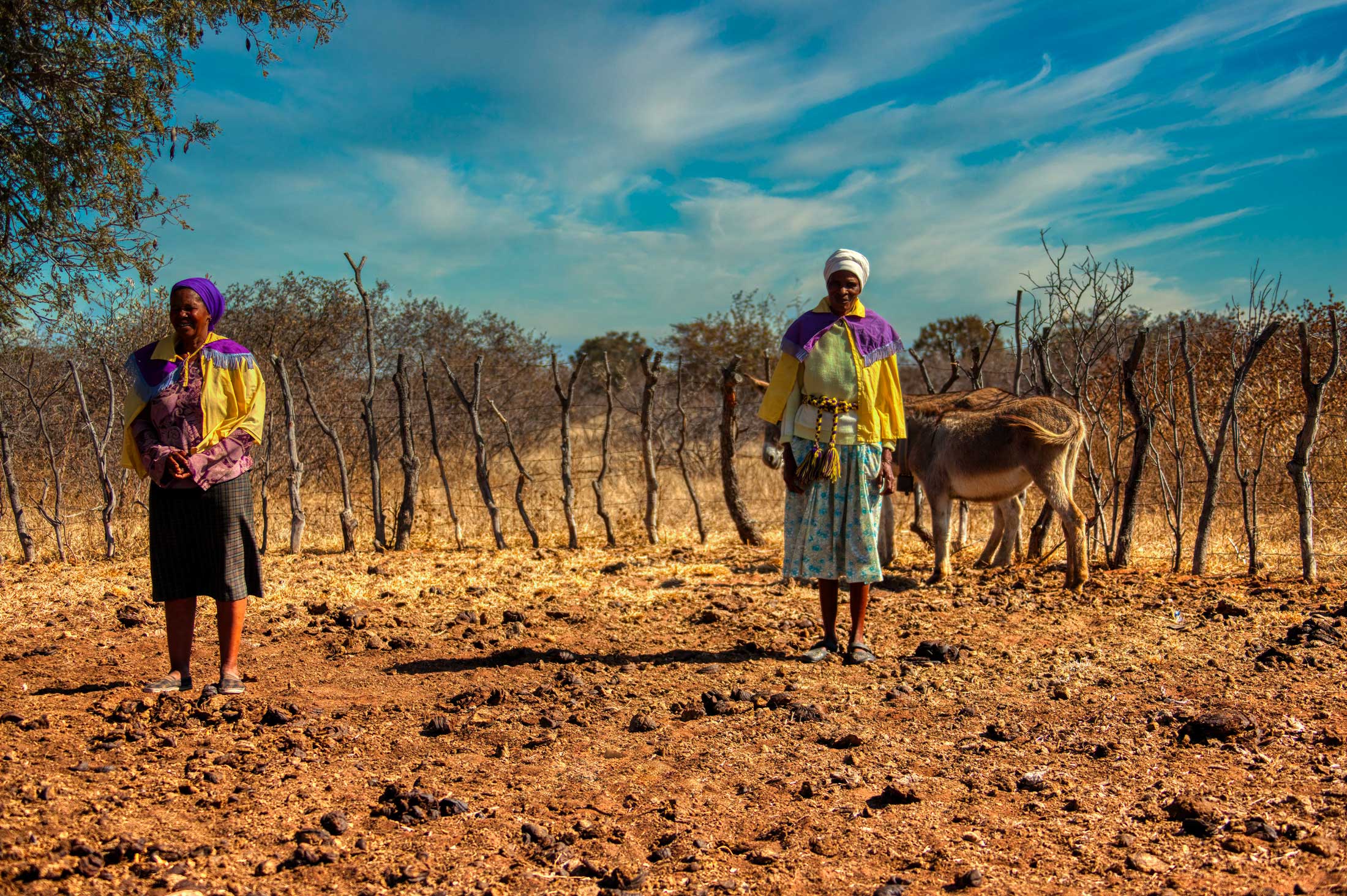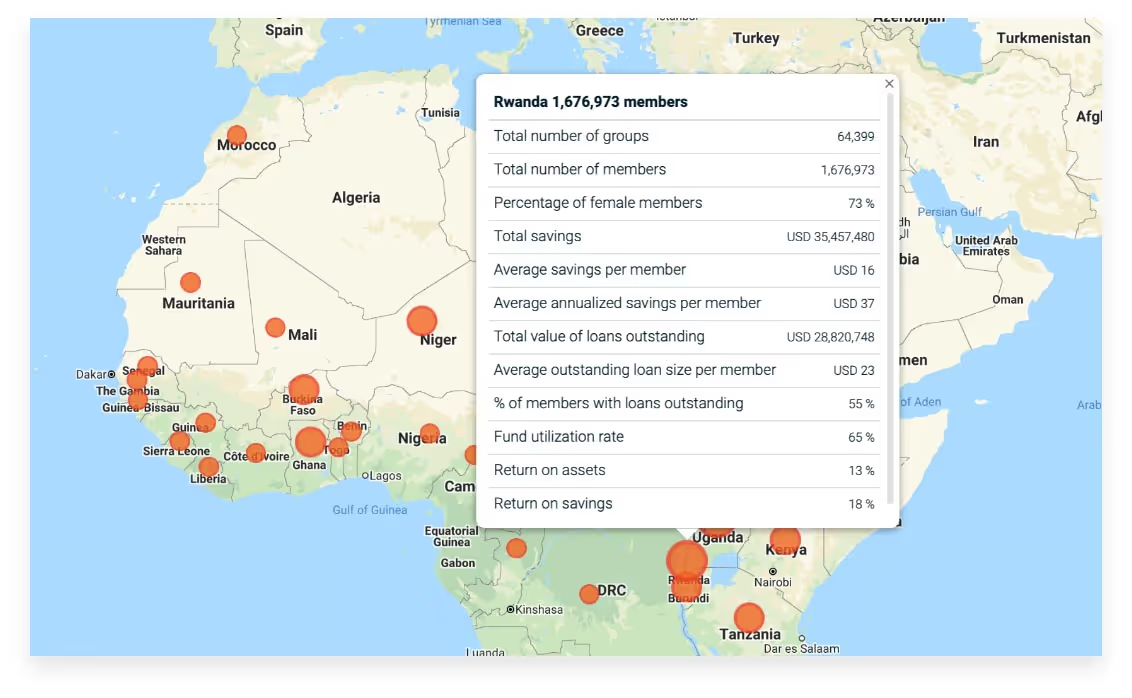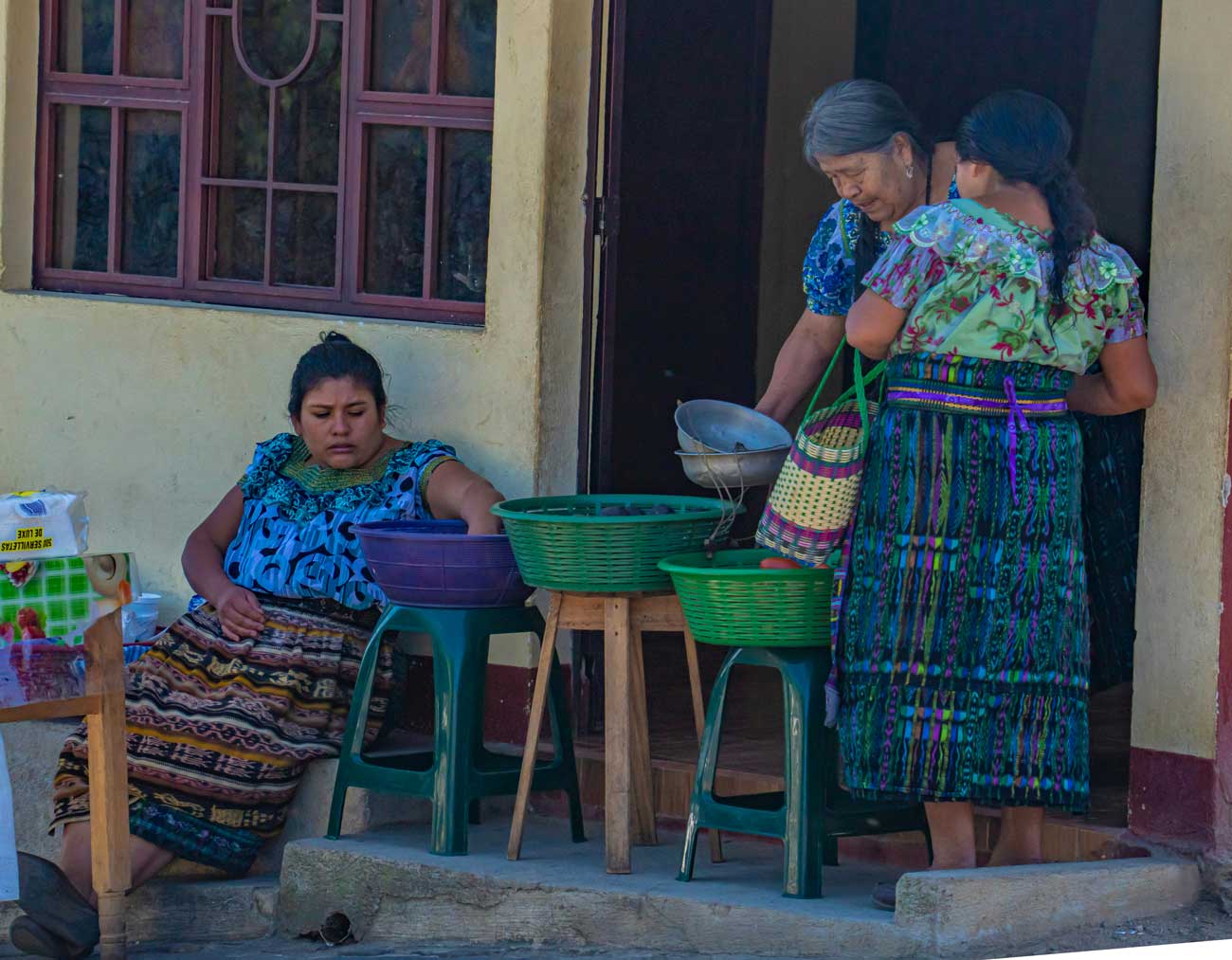Resilience Enhancement for Adapting Sustainable Livelihoods (REAL)
.jpg)
Resilience Enhancement for Adapting Sustainable Livelihoods (REAL)
.jpg)
Context
The Resilience Enhancement for Adapting Sustainable Livelihoods (REAL) project aims to address seven underlying causes of food insecurity: reduced distribution of food and cash, low agricultural production due to weather variability, gender inequality, insufficient access to land, water, and irrigation technology, limited market access, inadequate knowledge of post-harvest management and value addition, and lack of access to credit.
Objectives
The primary goals of the Savings Groups component of the intervention that FAHU is supporting are to enable refugee and host farmers to self- or co-finance agricultural operations, to transition savings groups from paper to digital record-keeping (creating a digital footprint that will make credit more accessible to members/groups), and to document and share lessons learned from federating and digitizing savings groups in a refugee settlement.
Project Outcome
- VSLA members receive training and support to form four Village Savings and Lending Federations (VSLF).
- 600 VSLF group members receive training on business planning, financial management, and entrepreneurship.
- 40 VSLAs and 4 VSLFs are trained to use digital recordkeeping tools instead of paper ledgers.
- Impact and potential of VSLFs in refugee settlements is assessed.
- Lessons learned and best practices for digitizing and federating savings groups in a refugee settlement are documented.



.avif)





.avif)



.avif)